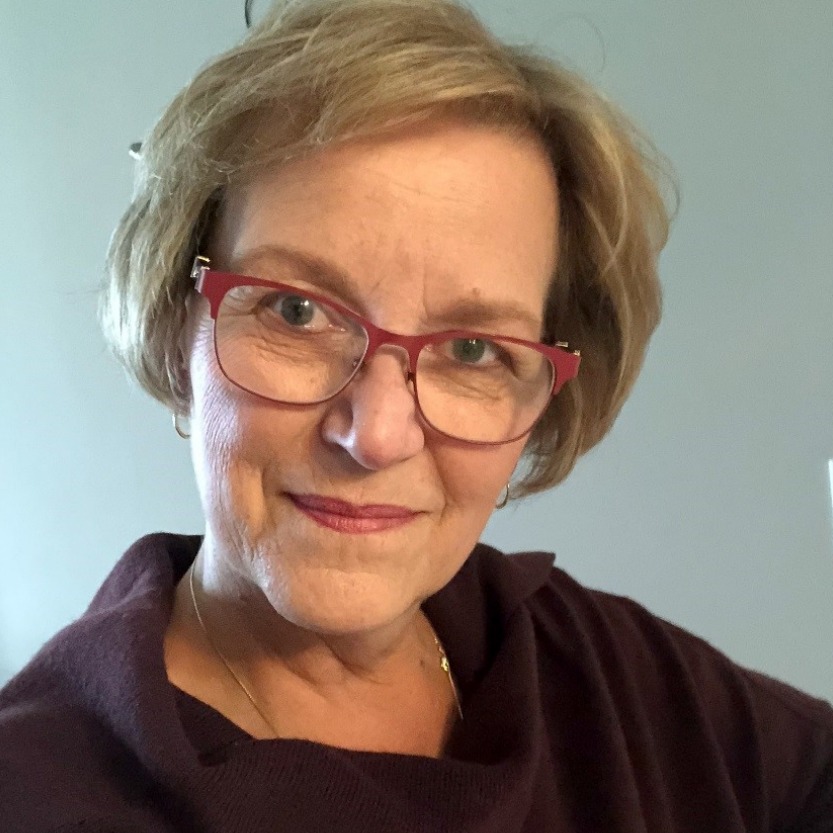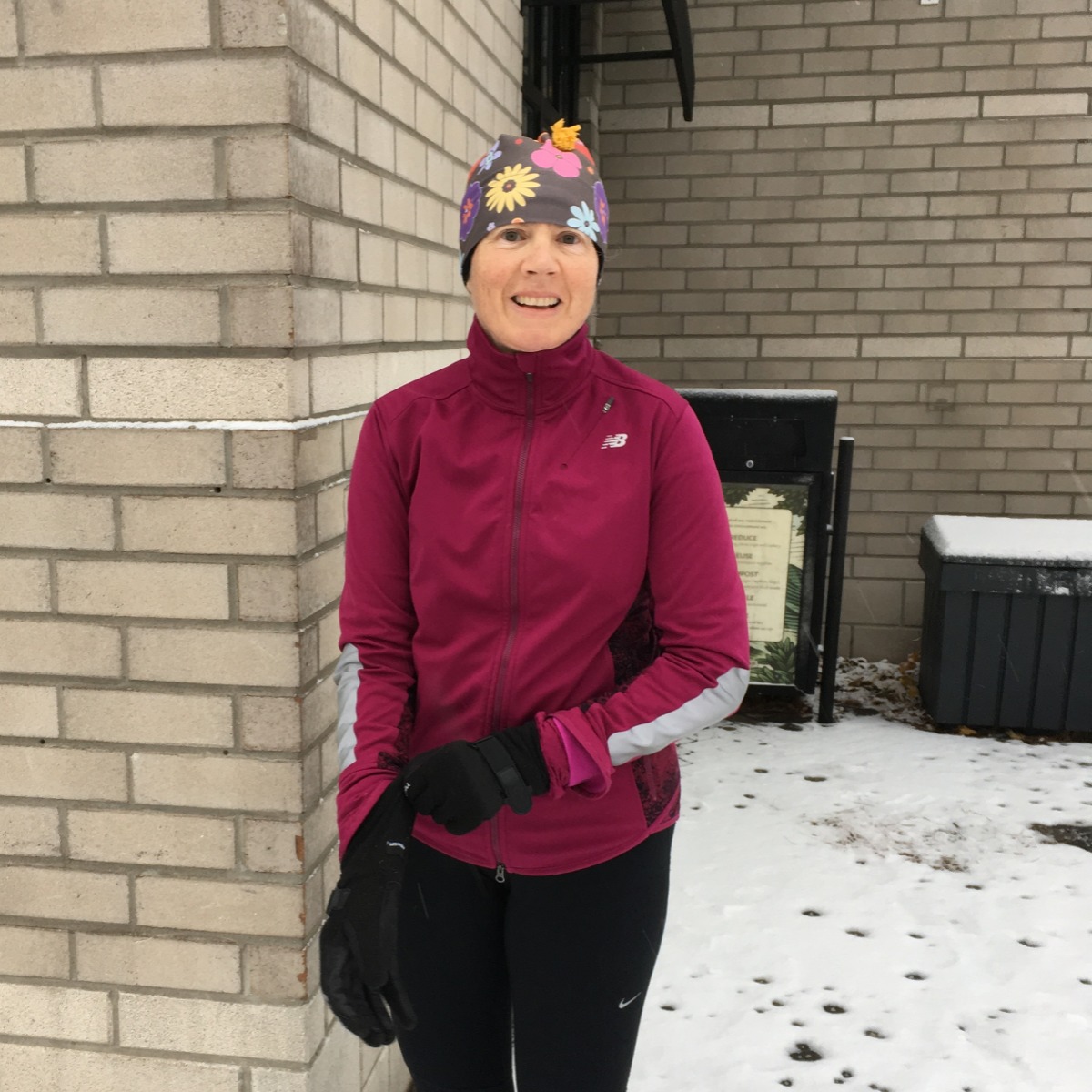By continuing to use our site, you consent to the processing of cookies, user data (location information, type and version of the OS, the type and version of the browser, the type of device and the resolution of its screen, the source of where the user came from, from which site or for what advertisement, language OS and Browser, which pages are opened and to which buttons the user presses, ip-address) for the purpose of site functioning, retargeting and statistical surveys and reviews. If you do not want your data to be processed, please leave the site.
The Voice of People With Breast Cancer
Education
Our Voices Blog
Tag : fatigue
Looking on the bright side
In June 2015, I moved to London, Ontario and was recovering from a rather emotional and difficult time, having divorced in June 2014. I had moved from Sault Ste. Marie to be closer to my daughter with her husband and very young children. I would be seeing the rest of my family less often now – my parents, my two sisters, my daughter and her husband, and another granddaughter. and two step grandchildren.
A Running Thread
It’s good to set challenging goals.
I ran my first marathon the year I turned 50, and completed another two years later. I loved establishing training goals that would force me to push myself physically, and feeling healthy and strong as the result of running regularly. In November 2015, I decided on a new goal: to run another marathon in the fall of 2016, and complete it with a time fast enough to qualify for the Boston Marathon.
Tips For Managing Fatigue
Cancer related fatigue is so much more than just feeling tired from a long, hard day. Your cancer treatment can cause you to experience what feels like full body exhaustion. You’re so exhausted that you can’t get out of bed and no amount of rest will give you back your energy.
Cancer-related fatigue Q&A
Because fatigue is a predominant symptom of cancer, CBCN reached out to Georden Jones for advice on managing this symptom. Georden is a doctoral student in clinical psychology at the University of Ottawa. Her thesis focuses on cancer-related fatigue, in particular on the patient's experience with this symptom and how to implement assessment and interventions programs for cancer-related fatigue. Her thesis project is ongoing and is estimated to end by 2019. If you have any questions concerning her work, please do not hesitate to contact her by email: gjone046@uottawa.ca.







